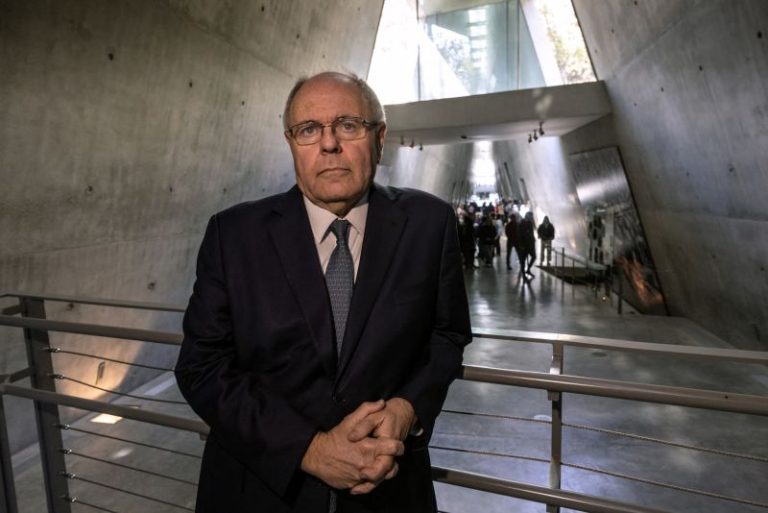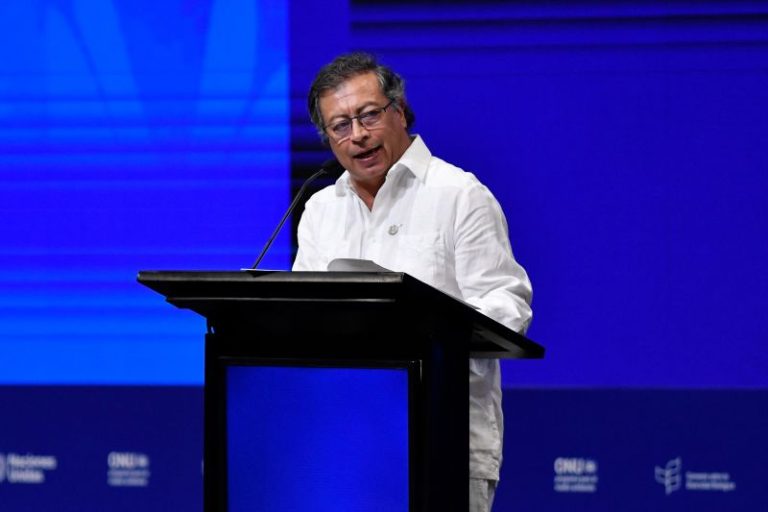Israel has inflicted “serious and sometimes life-threatening danger” on pregnant and postpartum women and girls in Gaza over 15 months of bombardment and siege, according to a new Human Rights Watch report.
The 50-page report, “‘Five Babies in One Incubator’: Violations of Pregnant Women’s Rights Amid Israel’s Assault on Gaza,” was published by the US-based advocacy group on Tuesday.
It details attacks on medical facilities and healthcare workers in Gaza that “directly harmed women and girls during pregnancy, childbirth, and the postpartum period” and says the war has increased the risk of miscarriage, preterm birth, stillbirth, postpartum hemorrhage and underweight newborns.
HRW accused Israel of enforcing an unlawful blockade, a near-total ban on water, food and electricity, starvation as a method of war, attacks on the medical system, and repeated forcible transfer – violating the right to follow-up and postnatal care for pregnant women and girls, and their children.
Israel is “obligated to use all the resources at its disposal to ensure that everyone in Gaza, including pregnant women and girls and their children, are able to enjoy their human right to health,” the report said. “This includes ensuring the full restoration of Gaza’s healthcare system so that all patients, including pregnant women and babies, have access to quality medical care.”
HRW repeated allegations that Israel is committing genocide against Palestinians in Gaza, which Israel strongly denies. Israel has also been taken to the UN’s top court, the International Court of Justice, on allegations of genocide.
Israel’s onslaught since the Hamas-led October 7 attacks has wiped out entire families, decimated the medical system, and supplies, spawning starvation, disease and displacement.
At least 47,306 Palestinians have been killed in Gaza, according to the Ministry of Health there. Of those, 12,316 were women and another 808 were babies under aged one, Gaza’s Government Media Office (GMO) reported on January 24. Although a fragile ceasefire began last week, the survival challenges facing new and expecting mothers in the enclave remains dire.
More than 1,054 health workers and medical professionals have been killed, including at least six pediatricians and five obstetrician-gynecologists, HRW said, citing the health ministry in Gaza.
As of January, emergency obstetric and newborn care is available at seven out of 18 partially functioning hospitals in Gaza, four out of 11 field hospitals, and one community health center, according to HRW.
The rate of miscarriage in Gaza has increased by 300% since October 7, 2023, the International Planned Parenthood Federation said in July. Two Palestinian women told HRW their fetuses died after they were injured by explosive weapons attacks that also killed their partners.
Even for those who make it to a medical facility, hospitals offer little respite. Women can be “rushed out” within hours of childbirth because staff are overwhelmed by scores of patients injured by bombardment, according to HRW.
“I did not get complete and sufficient privacy during my birth. I was very afraid of bleeding,” said Musa. “I faced great difficulty in giving birth due to fear of the shelling next to the hospital.
“My husband was informed that I had to leave immediately … It was a very difficult moment, and the cleanliness in the hospital was non-existent.”
For pregnant women in Gaza, the stress of trying to survive attacks coupled with food and water shortages could weaken the immune system, harm the fetus, and lead to preterm birth, HRW said. Dr Adnan Radi, a medic at Al Awda Hospital, in northern Gaza, told the agency that most of the babies delivered by staff have severely low birthweight and are dying of perinatal asphyxia.
“We try to intubate the babies. Sometimes it has helped, but the picture is very gloomy,” Dr. Radi said in the HRW report, adding that “in the last month I can remember more than six babies with low birthweight dying in front of me.”
In sprawling displacement camps, parents say they cannot find enough food, clean water, warmth or sanitation facilities. Instead, caregivers resort to feeding babies with infant formula made from dirty water, compounding the risk of dehydration, hepatitis A and skin infections according to HRW.
Pregnant and breastfeeding women sharing toilets in crowded spaces are especially vulnerable to infections including UTIs, which can lead to preterm labor, low birth weight, and stillbirths, according to Al Shurafa, a program officer for MAP.
“Women may feel uncomfortable or self-conscious breastfeeding in such conditions,” said Al Shurafa. “This lack of privacy can lead to stress and anxiety, which in turn affects the mother’s ability to relax and establish a successful breastfeeding routine.”
More than 48,000 pregnant women are experiencing emergency or catastrophic food insecurity, the UN’s reproductive rights agency said in December.
At least 56 children have starved to death, according to Zahir Al-Wahidi, the director of Information Systems at Gaza’s health ministry. Eight infants and newborns have reportedly died from hypothermia, the UN’s children’s agency said in January.
“The severity and ferocity of the suffering was concentrated in physical displacement,” she said. “I was afraid that we would be exposed to direct shelling or missile fragments, and from the rain and cold and the flooding of the tents.”
Israa Mazen Diab al-Ghul, 30, a pregnant woman displaced in Nuseirat, central Gaza, told HRW that in early 2024, she and her relatives had nothing to drink but sea water for two days. “I vomited, and I was worried it would kill the baby … I started begging that God would take the baby, so I wouldn’t need to give birth during this war.”
Communications disruptions impede womens’ access to hotlines and online information, while power cuts disrupt ultrasounds, and blood and urine tests, HRW said.
“Everything is scarce,” said Rahaf Umm Khaled, 21, who is four months pregnant. “I want the war to end completely. I want to give birth to my child in good health, and I want us to return to our homes safely and soundly.”
This post appeared first on cnn.com










